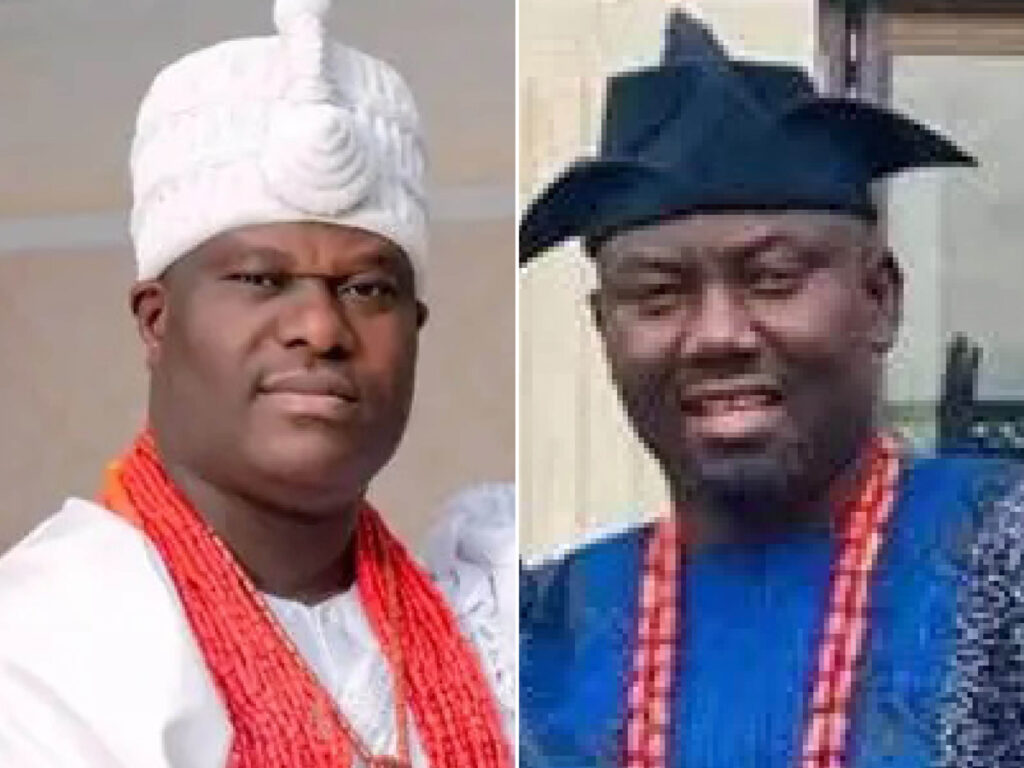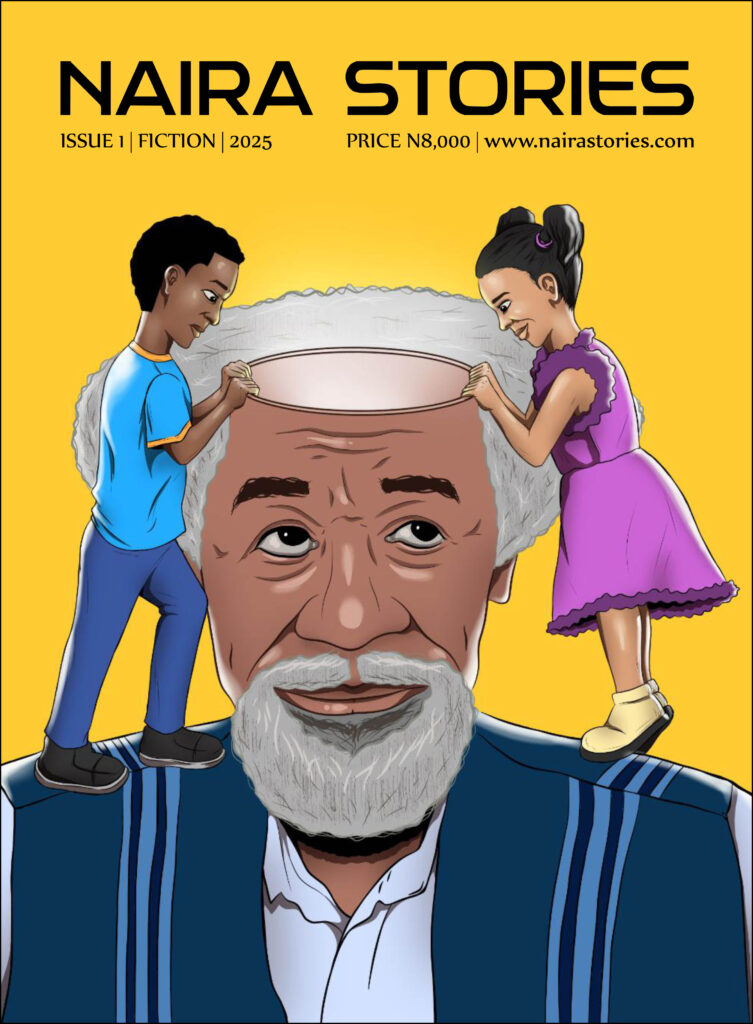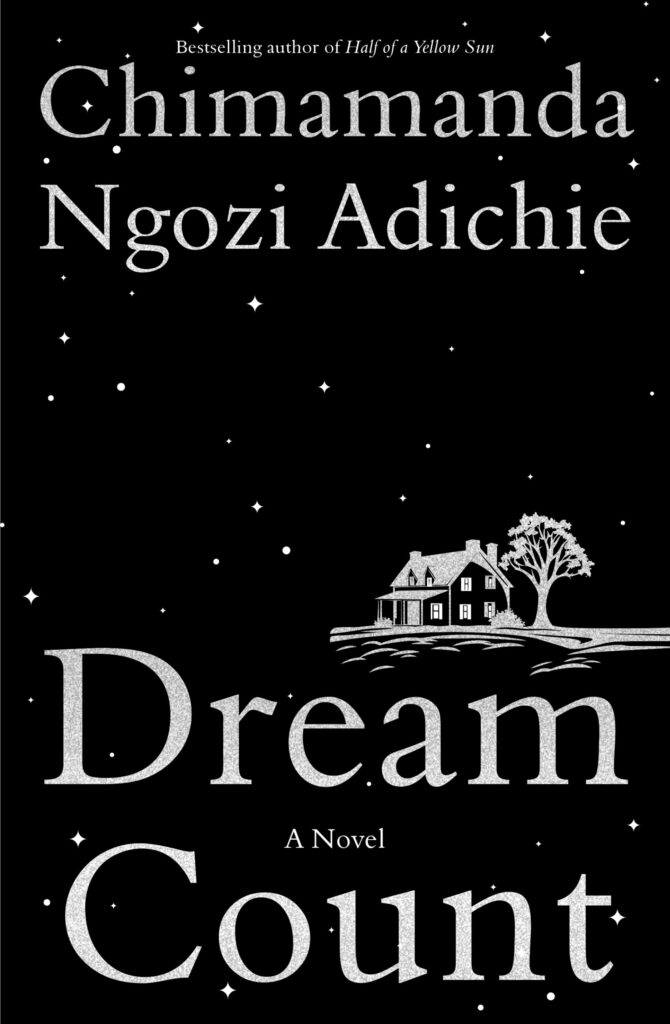Tension is brewing within the Yoruba traditional council as the Alaafin of Oyo, Oba Lukman Gbadegesin, and the Ooni of Ife, Oba Adeyeye Ogunwusi, have clashed over the conferment of the chieftaincy title of Okanlomo of Yorubaland on Ibadan businessman and philanthropist, Chief Dotun Sanusi.
The Alaafin, who recently installed Sanusi with the title in Oyo town, declared that the recognition was in appreciation of his contributions to Yoruba unity, cultural preservation, and economic development. According to him, Sanusi’s efforts in education, youth empowerment and community projects merited honour across Yorubaland, not just within Ibadanland.
However, the Ooni of Ife, regarded as the spiritual head of the Yoruba people, strongly faulted the installation.
Speaking through palace aides, he argued that the Alaafin had overstepped his authority, insisting that titles bearing the suffix “of Yorubaland” fall within the sacred prerogative of Ile-Ife, which he described as the cradle of the Yoruba race.
The Ooni stressed that while every king reserves the right to confer titles within his domain, attachment “of Yorubaland” to such honours creates confusion, erodes cultural protocol, and undermines the hierarchy of Yoruba royalty.
The Ooni, therefore, dismissed Sanusi’s new title as lacking legitimacy.
The development has triggered heated debate among Yoruba sons and daughters, with prominent voices lining up on both sides of the divide.
Supporters of the Alaafin argue that Yoruba leadership is not the monopoly of one stool, recalling that the Alaafin of Oyo historically commanded vast influence and political authority over much of Yorubaland. They maintain that the current Alaafin merely acted within that historical mandate.
On the other hand, defenders of the Ooni insist that Ile-Ife remains the spiritual headquarters of the Yoruba, with the Ooni uniquely positioned as custodian of tradition and arbiter of titles with pan-Yoruba implications.
They fear that if other monarchs begin to unilaterally create “of Yorubaland” titles, the sanctity of the culture could be diluted.
Chief Sanusi, the man at the centre of the controversy, has kept a measured silence. Widely respected in Ibadan and beyond for his philanthropic works, he is known for funding scholarships, sponsoring cultural festivals, and investing in youth development initiatives.
Observers say the dispute is less about his person than about the continuing rivalry between two of the most powerful royal stools in the region.
The disagreement has also attracted commentary from Yoruba socio-political groups and cultural stakeholders. Some have called for restraint, warning that prolonged bickering between the Ooni and the Alaafin could fracture Yoruba unity at a time when the South-West needs cohesion to address political and economic challenges. Others have urged the Council of Obas and Yoruba elders to mediate quickly before the row escalates further.
Traditional historians note that the rivalry between Oyo and Ife is centuries old, rooted in questions of political versus spiritual supremacy. While Oyo historically wielded military and administrative control over much of Yorubaland, Ile-Ife retained its status as the ancestral and spiritual home of the people.
This latest clash underscores the delicacy of Yoruba traditional leadership in contemporary times, as cultural authority continues to intersect with modern politics, media influence, and public opinion.
Analysts suggest that how this matter is resolved will go a long way in determining the shape of unity among Yoruba monarchs in the years ahead.




